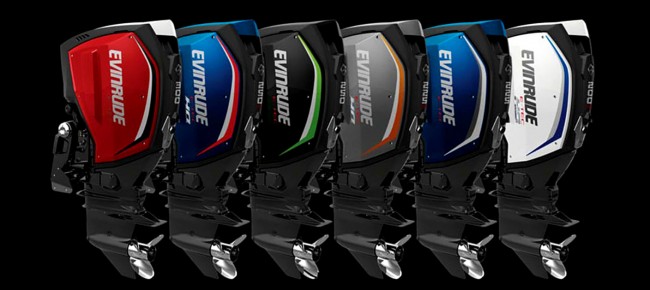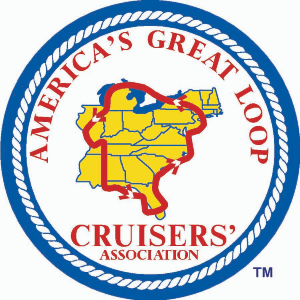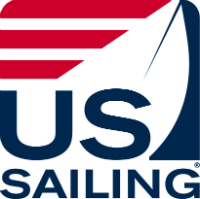Staff Pick: This is one of the news stories our staff is reading this week.

The boating world was shocked when in May 2020, it was announced that iconic Evinrude Outboard Motors would immediately stop production. Canadian parent company Bombardier Recreational Products had purchased the failing company, then called Outboard Marine Corporation, in a post-bankruptcy sale in 2001. In a statement, it blamed COVID-19 for making its continued manufacturing untenable. Now two years later, will BRP start Evinrude again?
Evinrude began boat engine manufacturing in 1907 in Milwaukee, Wisconsin, where it remained its entire run. Ole Evinrude came up with the idea for a removable outboard motor. But a century later, four-stroke outboard motors had taken over the business. The company only made two-stroke engines.
The four-stroke engine was cleaner, and with emissions regulations mounting, Evinrude tried various ways to compete. Its last two-stroke E-TEC engines used direct-injection technology, making them as clean as four-strokes. And Evinrude touted its maintenance costs as 50 percent less than for a four-stroke.
Two-stroke engines for motorcycles are making a comeback in 2022. Their rise in popularity is showing in Enduro, NHHA, and Motocross, from hobby racing to professionals. But BRP saw Evinrude as a failing business that Mercury Marine and Yamaha dominated. And those two companies were investing heavily in the development of more powerful, cleaner engines. BRP would have to do the same for Evinrude.
Why are four-stroke outboard motors better?
Besides emitting more pollutants, two-stroke engines run at higher RPMs. So they wear out faster than their four-stroke counterparts. And fuel efficiency is generally half-again better with a four-stroke engine. Combined with it being 90 percent cleaner, the negatives outweigh whatever is gained with going for a two-stroke engine.
“Our outboard engines business has been greatly impacted by COVID-19, obliging us to discontinue production of out outboard motors immediately,” said BRP CEO José Boisjoli. “This business segment had already been facing some challenges and the impact from the current context has forced our hand.”












